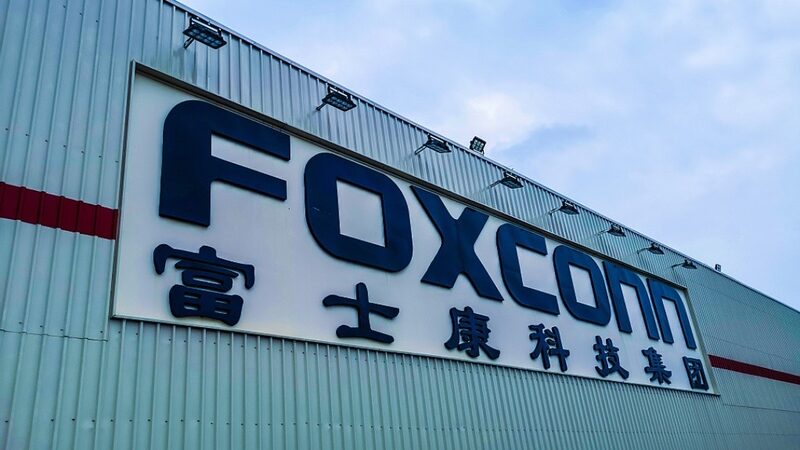Global Chip Industry Faces Uncertainty Amid U.S.-China Tensions
The semiconductor industry, a cornerstone of modern technology, faces growing strain as geopolitical tensions threaten to fragment its globally interconnected supply chain. China's integration into the World Semiconductor Council since 2006 has bolstered international collaboration, but recent U.S. policies — including the CHIPS and Science Act and export controls — risk undoing decades of progress, analysts say.
A Globalized Industry Under Pressure
Semiconductor production spans 39 countries, with design, manufacturing, and testing processes relying on specialized contributions from multiple regions. The Chinese mainland, the world's largest semiconductor consumer, plays a pivotal role in packaging, testing, and supplying critical components like silicon wafers and specialized machinery.
"Fragmentation serves no one. The U.S. approach could trigger a costly 'chip arms race,'" cautioned Mei Xingong, a commentator on international affairs.
Ripple Effects of Decoupling
U.S. restrictions on Chinese tech firms have exacerbated post-pandemic chip shortages while prompting other nations to develop competing subsidies. Accenture research highlights that 25 countries participate in testing and packaging alone — a system now jeopardized by bifurcation efforts.
China's increased R&D investments, totaling $142 billion in semiconductor projects since 2020, underscore its determination to innovate. However, experts warn that parallel supply chains could raise costs by 30-60% according to Boston Consulting Group estimates, ultimately slowing technological advancement worldwide.
The Path Ahead
With the semiconductor market projected to reach $1 trillion by 2030, industry leaders emphasize collaboration over containment. As supply chain resilience becomes a universal priority, the world watches whether geopolitical agendas will outweigh shared economic imperatives.
Reference(s):
Breaking the global semiconductor supply chain: Counterproductive
cgtn.com







